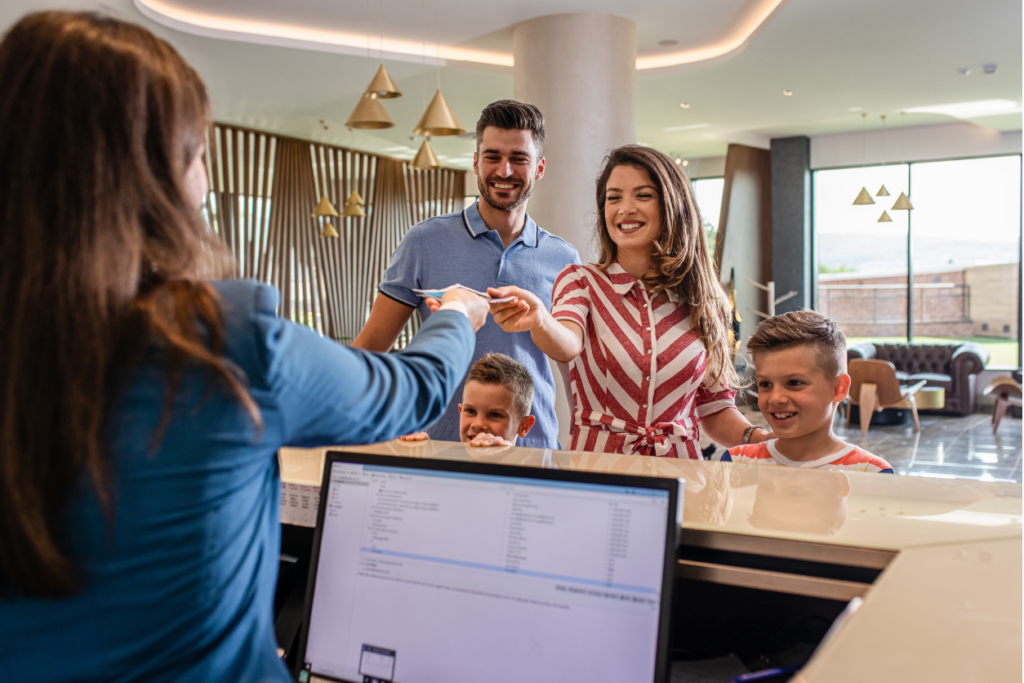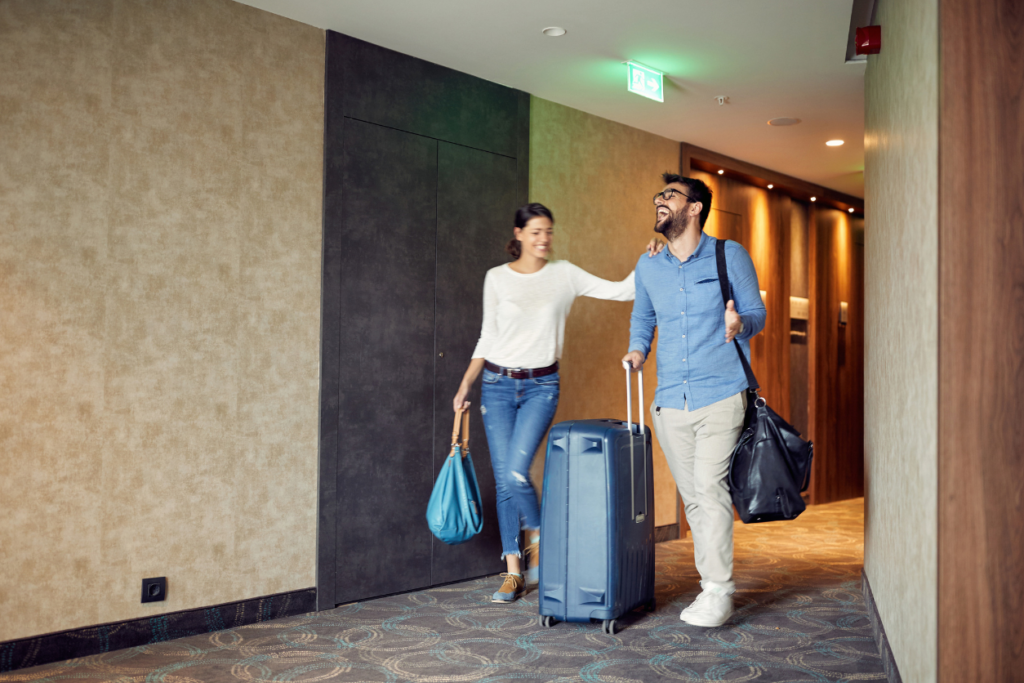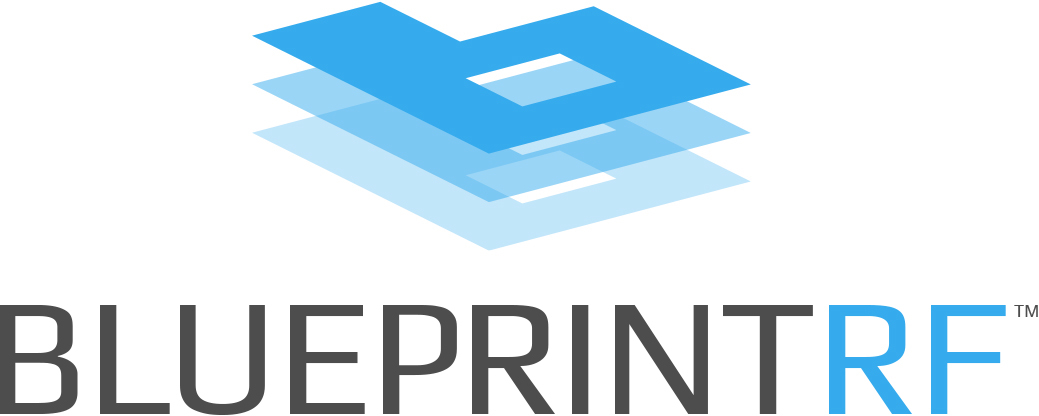More than just a marketing tool, social media has become an integral way for hotels to engage with guests and enhance their overall experience. From building a rapport, cultivating community, and fostering loyalty with guests, social media effectively establishes an authentic reputation and following while providing a valuable mechanism for hotel guest engagement.
Engaging with guests via social media requires hoteliers to think outside the box. Many hospitality providers rely on platforms like Facebook, Instagram, and LinkedIn to gain feedback from guests and establish a lasting connection. But the array of hotel guest engagement ideas to be explored is many, and leadership teams must be creative about what strategies will matter most to their guests and their brand.
No doubt, a well-oiled social media machine is a powerful medium to help hotels increase visibility, customer sentiment, direct bookings, and brand awareness. But what’s often lacking is the guest engagement component and leveraging social media in more unconventional ways.
Determining a Brand Voice
In virtually all forms of business, social media can be an asset in developing a brand voice. Social platforms provide a landscape for learning, whether it be identifying target audiences or seeing how other brands are positioning themselves. It also provides a communication outlet to engage with guests using a consistent tone, image, and overarching identity.
More specifically, hotels can explore strategies and ideas to better position their brand on social media.
- Listen to conversations to understand tone/messaging: Social platforms like Facebook are a great way to listen to what people are saying about your brand, your industry, and your competitors. By monitoring conversations, hotels can gain insight into what topics, interests, and issues are important to their audience, including the type of tone and messaging that resonates with them.
- Engage with followers to establish a consistent voice: Engaging with social followers is not only a way to cultivate relationships but also to establish a consistent brand voice. By engaging with users via comments and messages in a consistent and authentic way, hotels can create a personality that aligns with their target audience while reinforcing their brand identity.
- Use visuals to reinforce brand identity: Visual media – like custom graphics, photos, and videos – are all effective forms of content in building an engaging and recognizable brand. By using consistent colors, fonts, and imagery across social media platforms, hotels can establish a consistent brand look and feel that enables them to competitively differentiate their brand voice.
- Share stories that align with brand values: Sharing stories about the hotel’s history, community involvement, technology standards, and sustainability initiatives are strategic initiatives that hotels can use to establish a brand voice that aligns with their values. By voicing these stories on social platforms, hotels can demonstrate their commitment to these values and create a narrative that echoes with their audience.
- Leverage hashtags to unify the brand, create conversations, and track mentions: Hashtags can be a great way to unify a brand in the social sphere, create conversations around a specific topic or event, and track what people are saying about the hotel. By leveraging consistent brand hashtags across social media platforms, hotels can create a sense of community and identity, while encouraging followers to further engage with the brand.
The insights gained through these exercises can help hotel brands hone in on their target audiences – who they are, what they need, and why they choose your hotel over others. For example, hotels can create a visual template of guest personas (e.g. “the remote business traveler”) and use these resources as a reference point to maintain a consistent brand voice based on specific guest personas that have been identified.
This detailed level of strategic-minded planning can help inspire other ways hotels can use social media to engage with guests.
Posting Short-form Video Content
Short-form video content has paved a new frontier in reaching new guests. Younger, Gen Z travelers are increasingly turning to video-centric social media platforms like TikTok, Instagram Reels, and YouTube Shorts to inspire and inform their trips. But even older generations are taking interest in scouring digital platforms that push short-form video content.
According to Google’s internal data, about 40 percent of travelers over the age of 30 prefer using TikTok over Google Search as a travel tool. The influence of TikTok in enabling traveler decision-making has catapulted a short-form video trend, with Meta and Instagram prioritizing Reels, YouTube prioritizing Shorts, and even Google prioritizing video content in its search results.
In turn, short-form videos can be a highly-effective strategy in enabling hotel marketers to engage with prospective guests and get their message across.

Fostering Community
Another means to foster guest engagement in hotels is to create community through social media. By starting conversations, connecting with influencers, and encouraging user-generated content, hotels can build a social foundation to support their brand.
- Encouraging user-generated content (UGC): Hotels can encourage guests to share their experiences on social media by using hashtags, offering incentives, or featuring UGC on their own social media channels. Pinterest is one platform that’s ripe for incentivizing guests to pin and hashtag photos of their experience, which can be repurposed on hotel blogs, email blasts, and other social sites.
- Hosting online events: Hotels can host online events such as virtual tours, live-stream performances, or influencer AMAs to engage with their audience and create a sense of community. These events can be promoted or broadcast on social media to attract attendees and generate excitement around the hotel.
- Responding to feedback: Responding to feedback on social media, both positive and negative, can help hotels build a relationship with their audience and facilitate community with guests. By addressing feedback and taking initiative to reverse negative sentiment, hotels show that they value their guests’ opinions and are committed to providing the best experience possible.
- Sharing local recommendations: Hotels can engage their guests by sharing recommendations for local restaurants, attractions, and events on social media. This can help guests feel more immersed and connected with the local culture and create a sense of community among hotel guests and locals alike.
- Collaborating with influencers: Hotel brands can collaborate with relevant social media influencers like travel bloggers and high-profile personalities to help promote their brand and cultivate community around their destination. By partnering with influencers who align with the hotel’s values and aesthetic, hotels can tap into new audiences and create a sense of exclusivity around their brand.
By creating an active and engaged social community, hotels can also support other objectives in establishing their brand voice and story, defining target guest personas, and identifying content pillars for short-form videos and other marketing strategies.
Swiftly Responding to Direct Messages
Communication is another critical component for hotel guest engagement, and direct messages on social media have become the new email for certain types of guests. Hotels that remain consistently engaged with these direct communication channels can stay ahead of the curb and accommodate guest needs more effectively.
But doing so requires more than assigning a social admin to oversee these duties. Hotels need to establish systems to swiftly respond to direct messages with consistency and timeliness.
- Set up notifications to promptly respond to direct messages.
- Establish response guidelines and policies to respond consistently and accordingly, especially to guest complaints.
- Prioritize urgent messages such as reservations or issues.
- Use social media management tools to manage messages across multiple platforms.
- Create a response template to help provide consistent and efficient responses. But also…
- Personalize responses by using the guest’s name and providing helpful information.
Having a dedicated social media team can better ensure direct messages are responded to in a timely manner and that the team is properly trained to handle various types of inquiries.
Harnessing Influencer Campaigns
Hotels can leverage social media to launch influencer campaigns to promote their brand, reach a wider audience, and engage with prospective guests. The first step is identifying relevant influencers worth hosting.
Pinpoint Relevant Influencers
Factors like personality relevance, follower count, engagement rate, and content style are all important considerations when collaborating with influencers. But most importantly, the influencer of interest should align with the brand’s values and target audience.
Identify Goals and Metrics
Once the influencers have been identified, hotel brands should define clear campaign goals and metrics. This can include increasing bookings, driving social followers, or generating website traffic. Defining these goals will help brands to construct a clear strategy and to know how to measure the success of the campaign.
Craft a Content Strategy
The next step is crafting compelling content in collaboration with influences. Hotel brands should work with influencers to create content that showcases the hotel’s unique features and amenities, or the surrounding culture and community. This can include social media posts and takeovers, guest blog posts, or short-form video content. The content should focus on being engaging and relevant to your guests, informative around specific topics, and visually appealing with a certain level of quality control.
Incorporate UCG
In addition to working with influencers, hotel brands can also utilize UGC by encouraging guests to share their experiences using a specific campaign hashtag. This can help create a sense of community around the hotel brand and showcase the hotel as a desirable destination.
Track and Monitor Performance
Finally, hotel brands should measure the performance of the influencer campaign. This can include analyzing engagement rates, click-through rates, and bookings. By tracking these metrics, hotel brands can optimize their campaign strategy and ensure that they are maximizing their return on investment.

Offering Giveaways and Discounts
Hotels can further improve their level of engagement with guests by offering giveaways and discounts on social media, such as UGC contests, seasonal incentives, and loyalty programs. Social platforms provide a gateway to explore a range of ideas, including:
- Free room upgrades: Hotels can offer guests free room upgrades or in-room features like premium WiFi service if they book directly through the hotel’s website or social media channels.
- Complimentary meals: Complimentary meals like free breakfasts or comped dining experiences can be an effective way to engage with guests if they book a certain number of nights or use a specific promotional code.
- Social media contests: Whether by following a brand on certain platforms or sharing photos or videos of their stay at the hotel., guests can enter to socially-driven contests to win a free night’s stay or other prizes.
- Loyalty programs: Hotels can offer loyalty programs for frequent customers, where guests can earn points for each stay or purchase that can later be redeemed for discounts or free nights.
- Group discounts: Social media sites provide a great way to amplify promotions around group discounts for guests who book multiple rooms or stay for an extended period.
- Seasonal promotions: During specific times of the year, offering discounted rates during the off-season or holiday packages that include special amenities can improve bookings by piquing the interest of price-conscious travelers.
- Package deals: Hotels can get creative in offering package deals that include amenities such as spa treatments, dining vouchers, or tickets to local attractions.
There’s no limit to the strategic incentives brands can use to engage with current and prospective guests. But oftentimes, having the right technology infrastructure is vital to support such initiatives.
Support the Connection Between Your Hotel Brand and Its Guests
As a leading provider of hotel WiFi solutions, Blueprint RF helps hospitality brands engage with guests with the proper technologies and connectivity systems. The Blueprint RF team enables hotels to offer reliable, secure, and fully-managed WiFi networks that meet the needs of their guests and their strategic objectives. For more information, contact us to learn more.
Hotel Social Media Engagement Strategies Infographic (Free Download)













